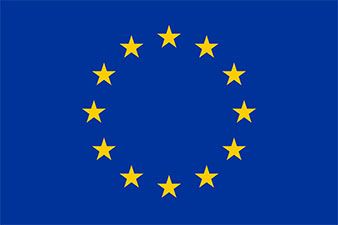|
What was the structure of the week?
On Monday we explored green jobs in the countryside, at the opening ceremony held in Malta. We held the launch in a Natura 2000 site, Buskett Woodland, Malta.
Martin Cassar, a Park Management Officer, put it very well when he said: "Green is not merely a colour, it is an attitude...a commitment to ecology, to enhance the environment and to be ambassadors for tomorrow for nature and our children." On Tuesday we had our Green Jobs Summit. Speakers included European Commission Vice-President Valdis Dombrovskis, Green MEP Jean Lambert, Vien Truong of Green for All and Vic van Vuuren from the International Labour Organisation.
Day three also saw the continuation of the EU Green Jobs Summit in Brussels, looking at the profiles of green workers.
On day four we looked at what green potential the 'blue' – or oceans – sector holds. From marine and coastal protection and restoration, to aquaculture, tourism and ocean energy, in the sustainable oceans sector there are many opportunities for green jobs.
The final day of EU Green Week 2017 was centred in Essen, Germany. We explored how we can develop urban areas sustainably, finding new ways to generate innovation, technologies and – of course – green jobs in our cities.
We capped off the week with the announcement of our Green Capital Winner for 2019. I was delighted to give the award to Oslo Mayor Raymond Johansen. We had a very deserving winner and a very excited Mayor. I am sure that Oslo will be a spectacular success.
Of course big thanks must also go to Essen, our current Green Capital. Essen is perhaps the epitome of turning blue collar into green collar jobs. Their post-industrial success story should be an example to all.
Perhaps best of all, we used the ceremony to announce the fact that Green Week 2018 will be all about Green Cities.
Was the event Brussels focused?
Not at all. Since 2016 we have made sure that Green Week is very outward looking. For this reason we had Green Week associated events across the continent.
Ideas on how to reduce waste and to recycle were shared at workshops in Messini, Greece, while a studio TV recording on the potential of the circular economy to create jobs, took place in Paris. A holistic approach to sustainability was shared with visitors to an eco-village, in Boekel in the Netherlands. And these are just some of the many examples of Green Week events.
|
